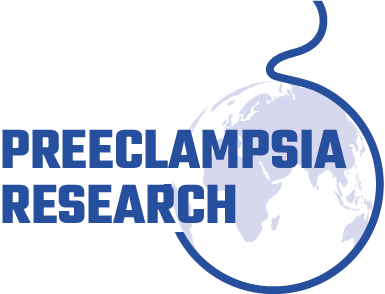WHAT IS PREECLAMPSIA?
Preeclampsia is a serious disease of pregnancy that affects 5% of women and claims the lives of around 70,000 women and 500,000 babies across the globe every year. Preeclampsia is diagnosed when a pregnant woman has high blood pressure and has signs of organ damage, such as protein in her urine. Preeclampsia is caused by a disease process in the placenta that releases detrimental factors into the mother’s circulation. These cause blood vessel damage that in turn affects her major organs. The final result is high blood pressure and injury to the kidneys, liver, lung and the brain. Preeclampisa can progress to seizures and even to the death of mother and baby.
WHY DO WE NEED RESEARCH?
Despite rapid medical advances that have improved care for many human diseases, there is no medical cure for preeclampsia. The only way the disease can be arrested is to deliver the baby and remove the placenta. Unfortunately, if preeclampsia is severe and develops at a preterm gestation, the baby needs to be delivered early. The consequences of premature birth include loss of the baby, or long term consequences such as permanent brain or lung injury. Even severe preeclampsia occurring in late pregnancy can progress rapidly, making the mother gravely unwell.
We also do not know why certain women are more at risk of developing complications of preeclampsia and how to predict who is at risk. By identifying which women are at greater risk we could possibly prevent severe complications.

